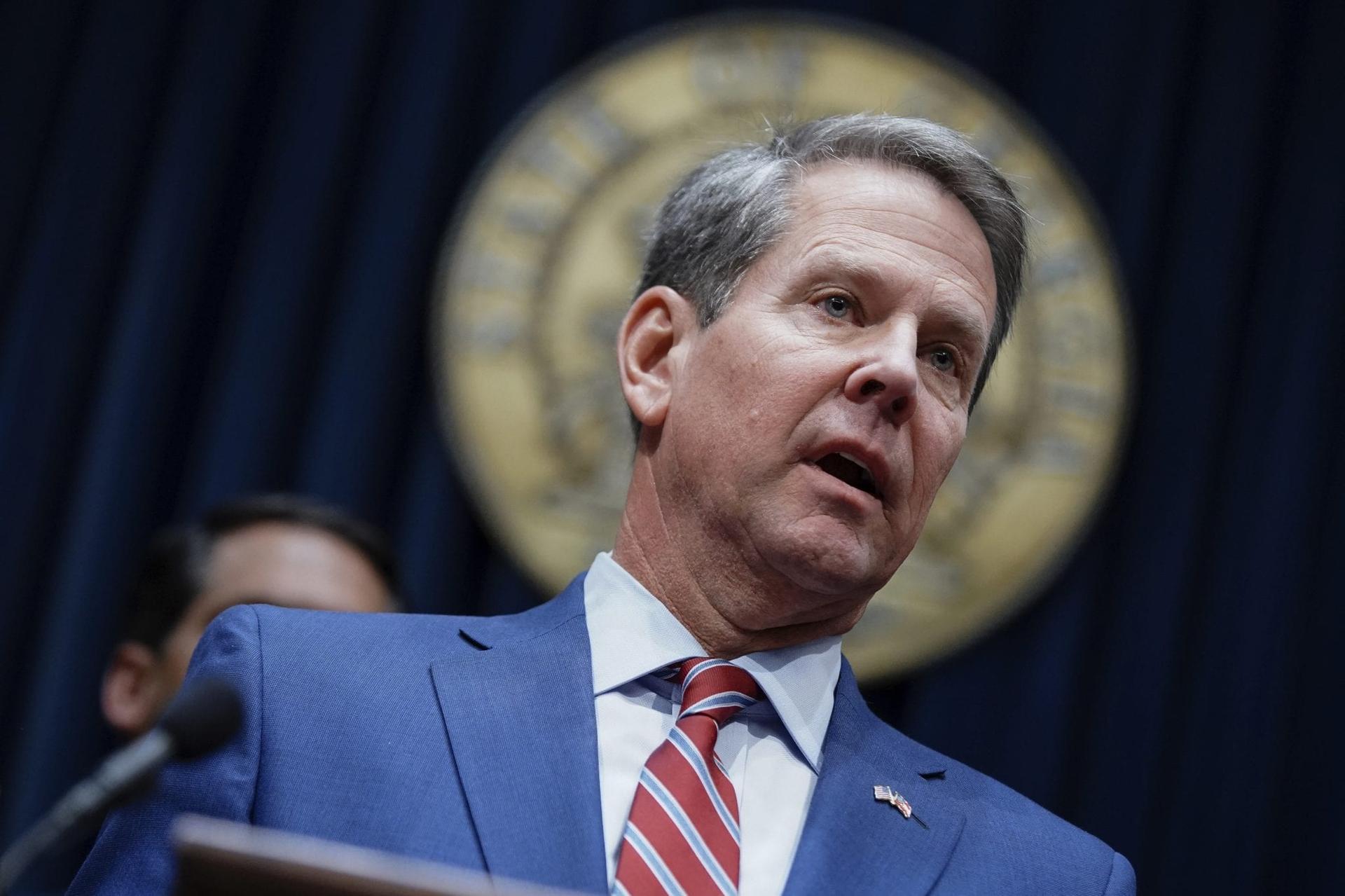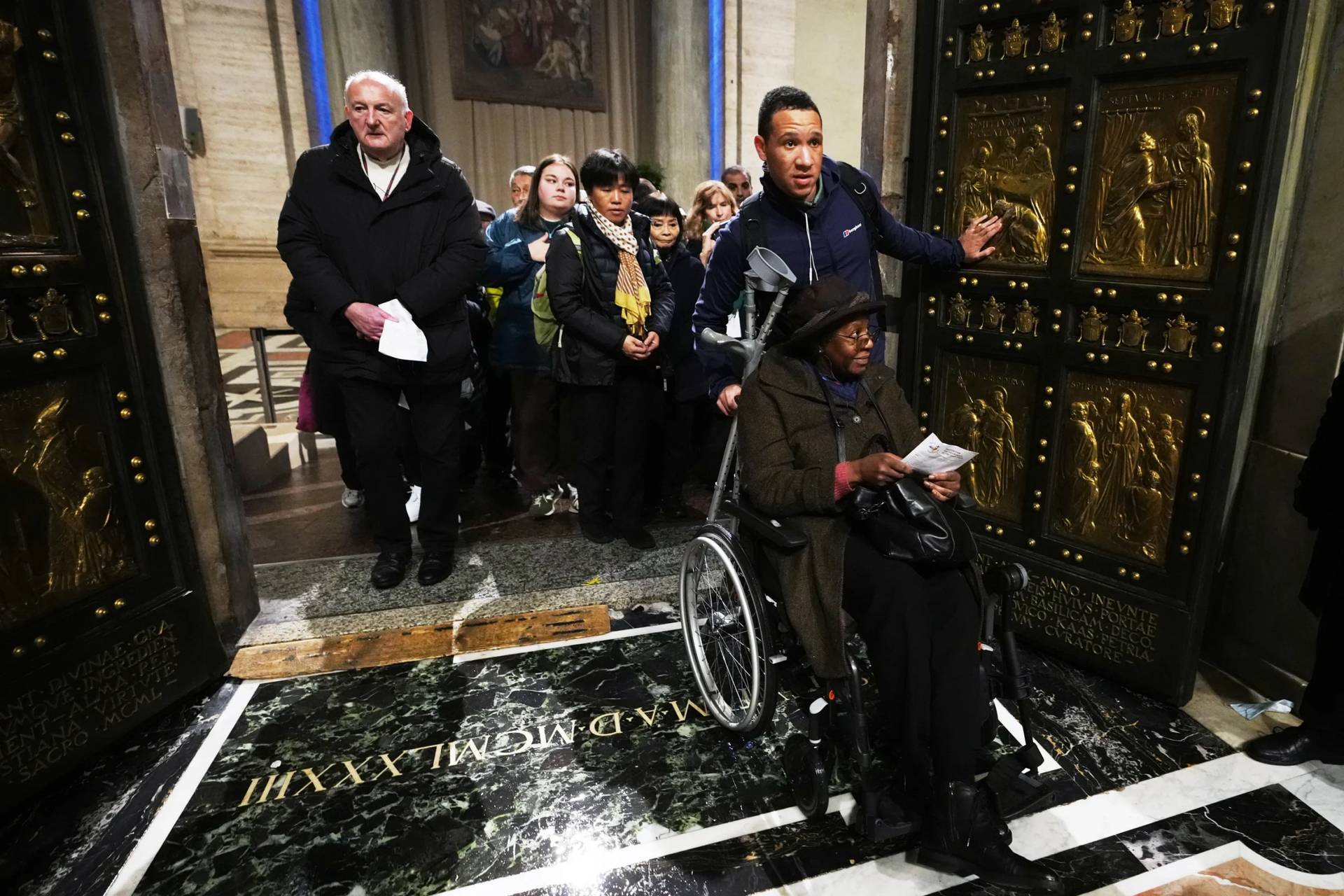ATLANTA — With budget cuts likely to draw Georgia lawmakers’ attention and contentious 2020 elections on the horizon, one overarching question hangs over the legislative session that begins Monday: Will there be an appetite to take up divisive social issues again this year?
Republican Gov. Brian Kemp entered office last year with a conservative wish list that included protecting gun rights and getting one of the strictest abortion laws in the country passed.
Georgia’s 2019 legislative session was largely dominated by an abortion battle similar to others that played out in several Republican-controlled states across the South and Midwest. The Georgia bill was signed into law by Kemp but later blocked from taking effect by a federal judge.
Kemp had also pledged to sign a so-called “religious liberties” bill that mirrors a federal law passed by Congress in 1993 and signed into law by President Bill Clinton, but which opponents say would allow for discrimination against the LGBT community. A bill was introduced last session that would have required a “compelling governmental interest” before the state interferes with someone’s religious practices, but it stalled in committee.
This year, Republican leaders have indicated that there may be less willingness to take on hot-button social issues.
“Last year was a tough session,” House Speaker David Ralston said during a news conference Thursday. “What I would like for us to do is what I think Georgians want us to do, which is to focus on continuing to create the kind of climate where businesses can grow jobs and folks can get up in the morning and send their kids to good schools, that are safe schools, and deal with transportation issues. And so that is where my focus is going to be frankly.”
But that doesn’t mean there won’t be a flareup or two.
Looming elections, which every Georgia legislator will face this year, could bring competing priorities for members of the legislature’s controlling party. Republicans from deeply conservative districts mainly worried about a primary challenge may seek to introduce bills that bolster their conservative credentials, while their fellow party members in more moderate districts — including several in metro Atlanta that have recently trended more Democratic — could seek to sidestep social issues ahead of what will be a competitive general election.
“You’re bound to have some of the social issues bubble up,” said Kerwin Swint, director of the school of government and international affairs at Kennesaw State University. “I just don’t know how much support they’re going to find in an election year.”
One possible vehicle for discord could be legislation around adoption reform, which Kemp has identified as a priority this year. A bill seeking to update Georgia’s adoption laws in 2017 died after a Republican senator added an amendment letting private adoption agencies choose not to place children with LGBT parents because of religious concerns. Critics worry similar legislation could be introduced this session.
Ralston called the attempt to insert the religious liberties language in that adoption bill “incredibly ill-conceived and offensive” and said he “will advocate very strongly that that not get hung up again.”
Democrats, meanwhile, are showing a willingness to engage in social issues this year in an attempt to roll back recent conservative gains.
House Minority Leader Bob Trammell said in an interview that Medicaid expansion would be a top priority for Democrats, along with a pair of social-issue priorities that will face long odds under the Republican-controlled gold dome.
“We have several common-sense gun safety measures that are stuck in committee, can’t get a hearing, and we’re going to continue to press to try to get those measures moved forward and to give Georgians the conversation that they’re owed on the issue of stopping and mitigating gun violence,” Trammell said. The minority leader also said Democrats would seek to repeal the restrictive abortion ban passed last year. Trammell said the abortion law is “something that we need to unwind and to tell Georgians that reproductive freedom is an important thing that Democrats in the General Assembly are fighting for.”
Crux is dedicated to smart, wired and independent reporting on the Vatican and worldwide Catholic Church. That kind of reporting doesn’t come cheap, and we need your support. You can help Crux by giving a small amount monthly, or with a onetime gift. Please remember, Crux is a for-profit organization, so contributions are not tax-deductible.













